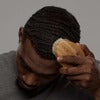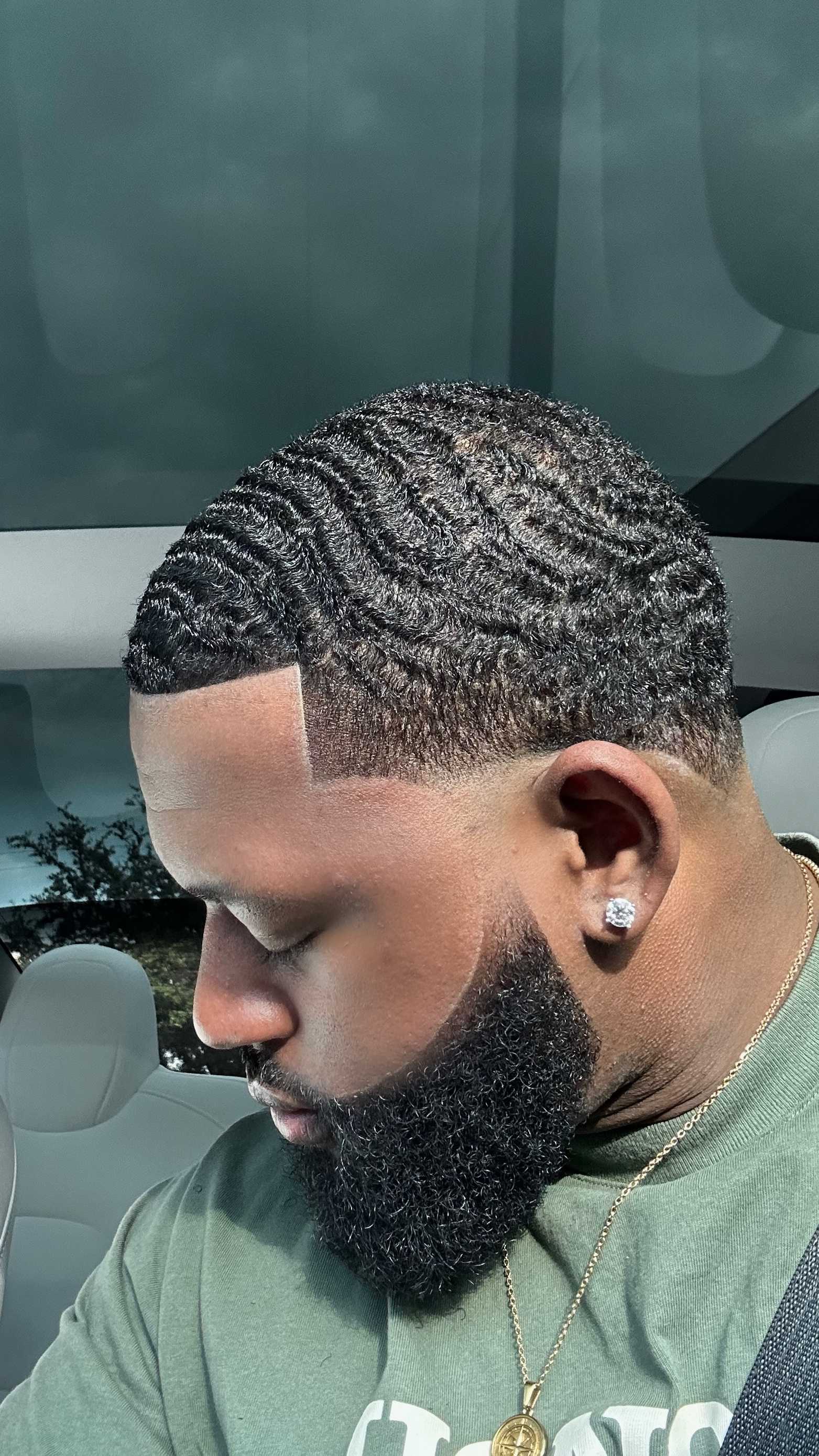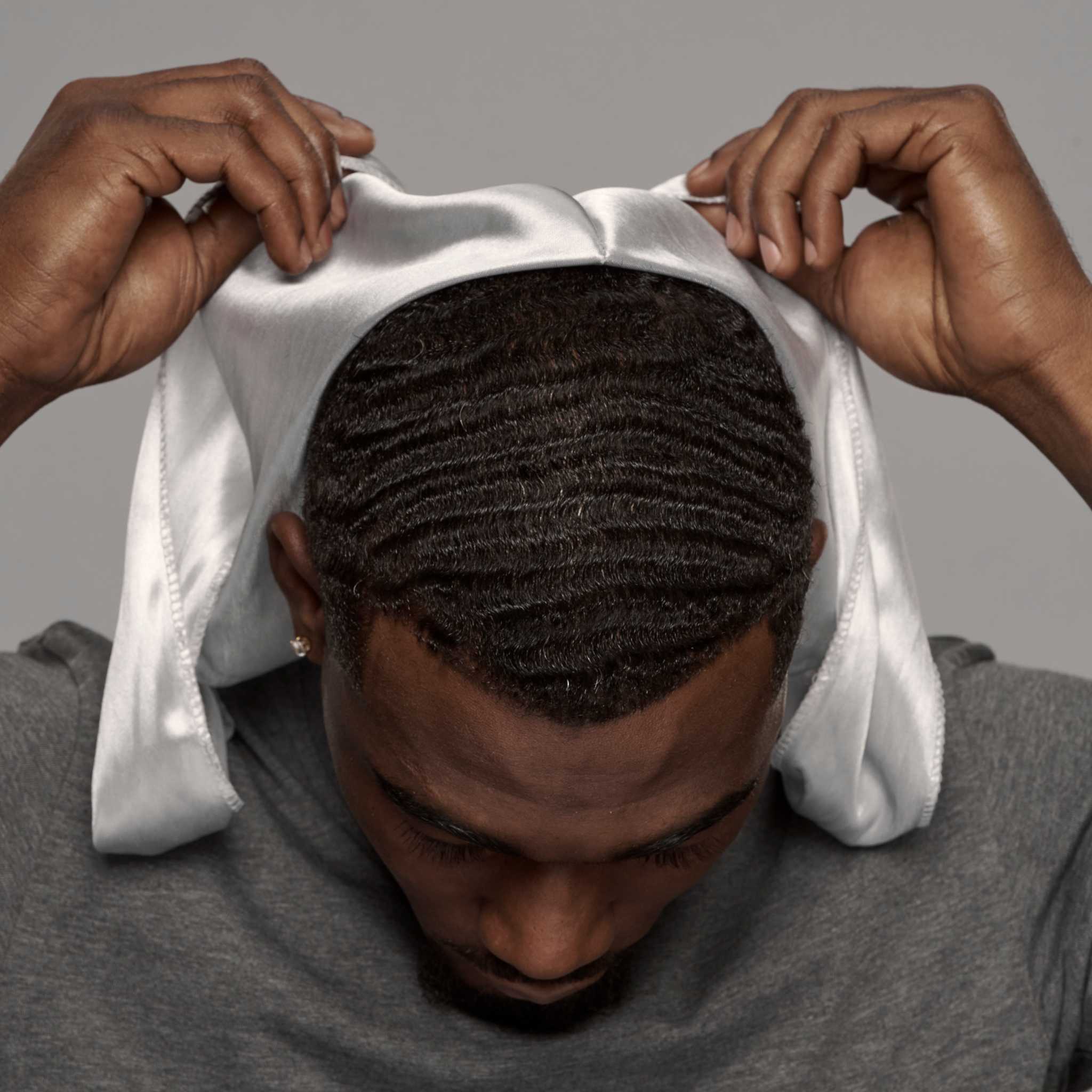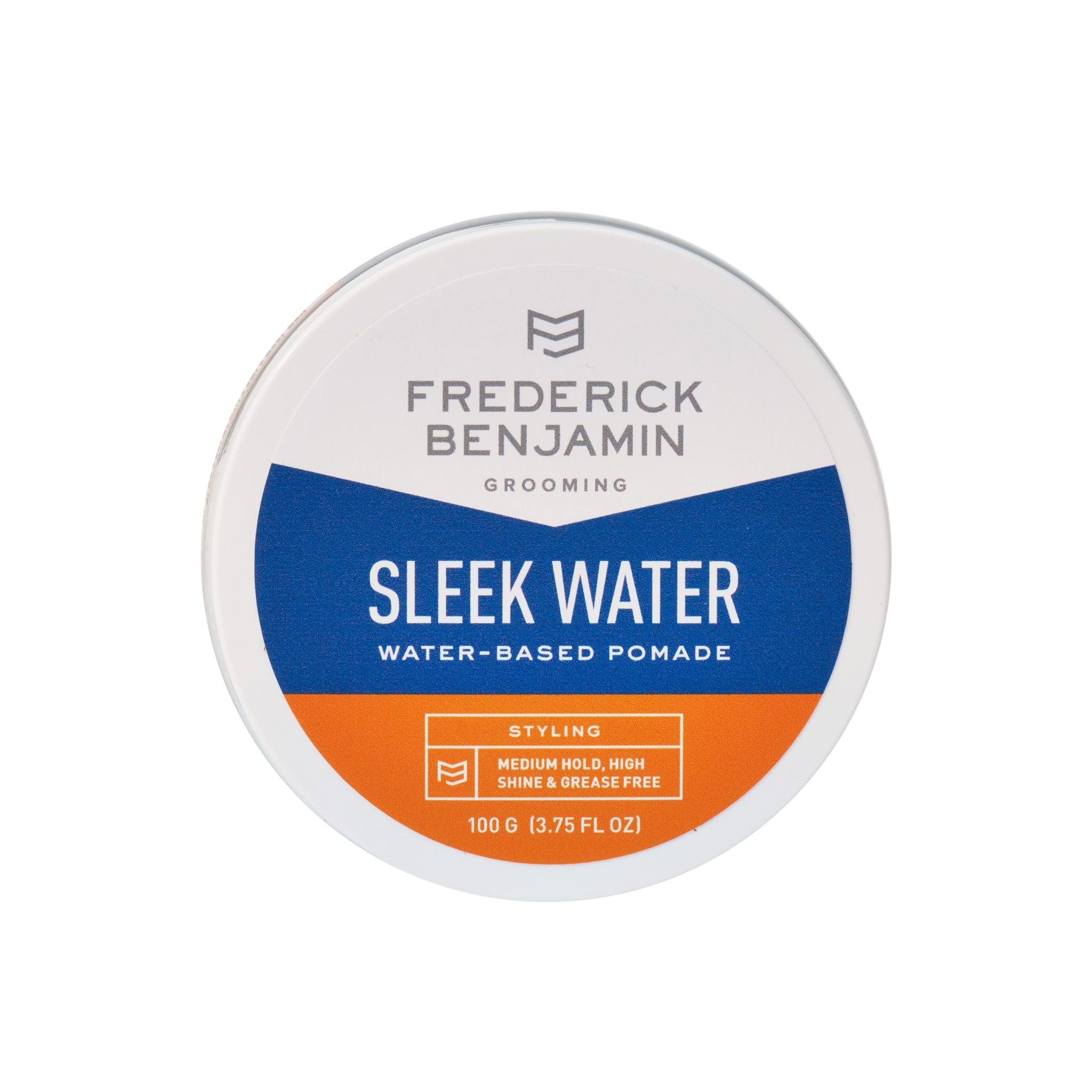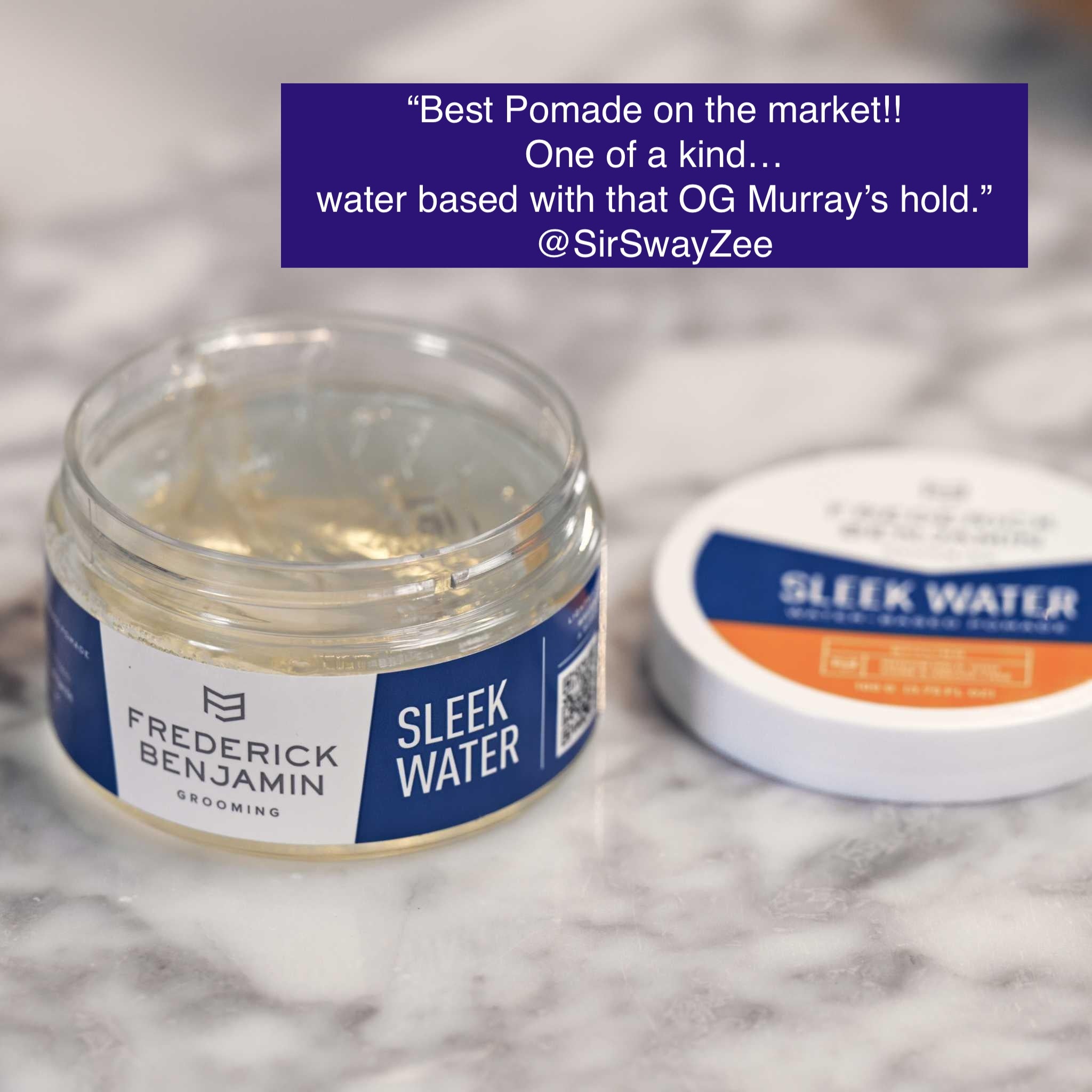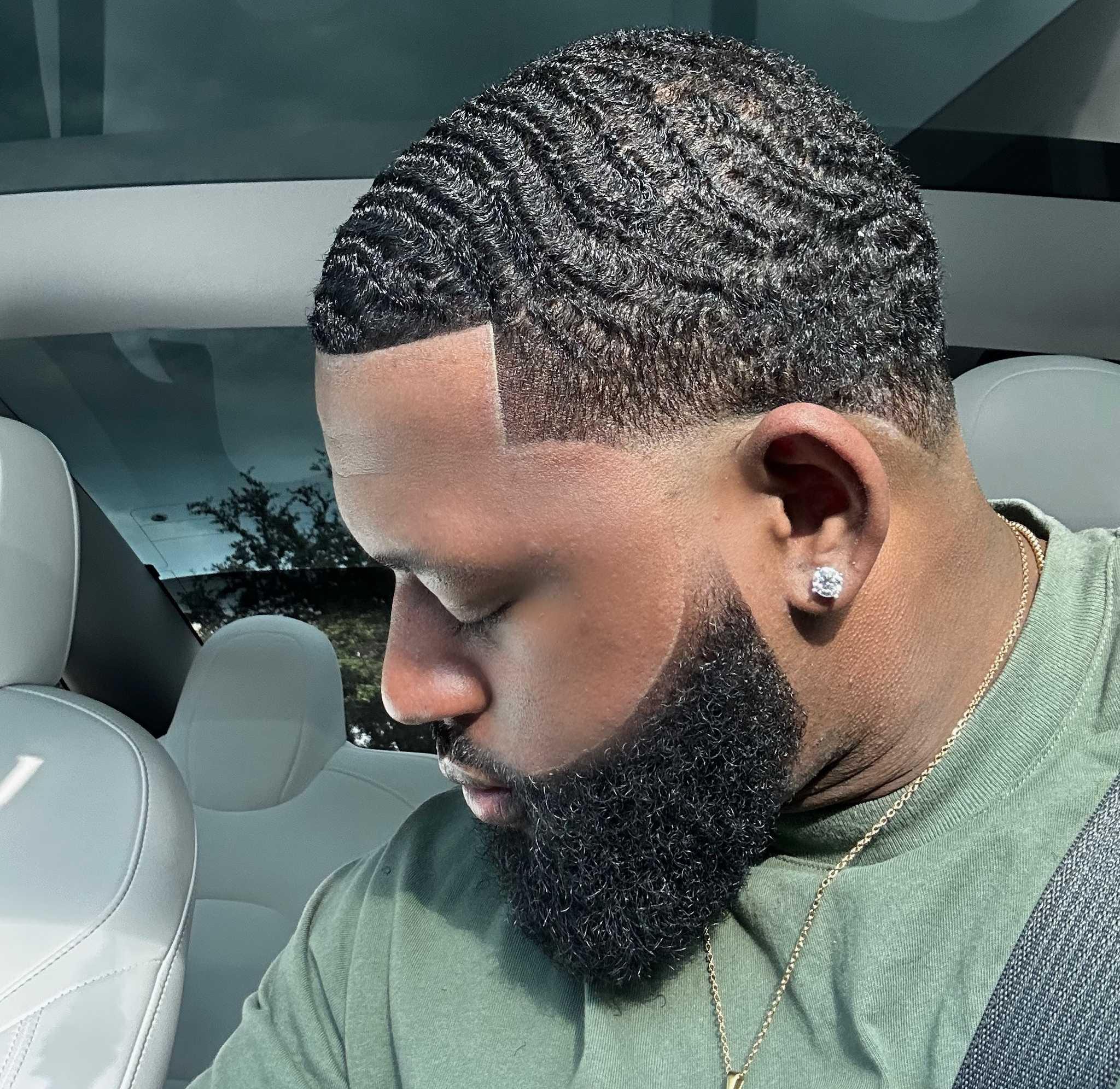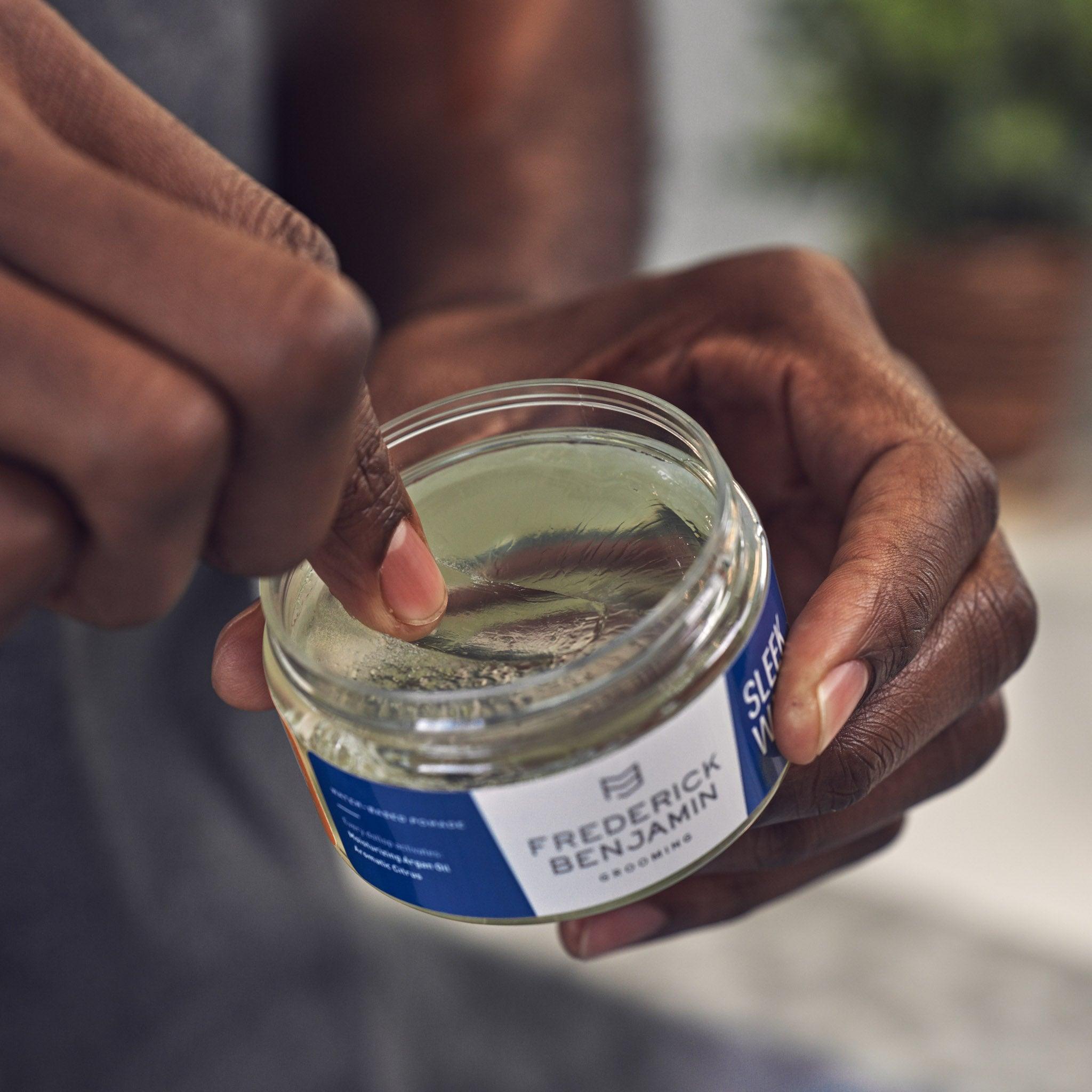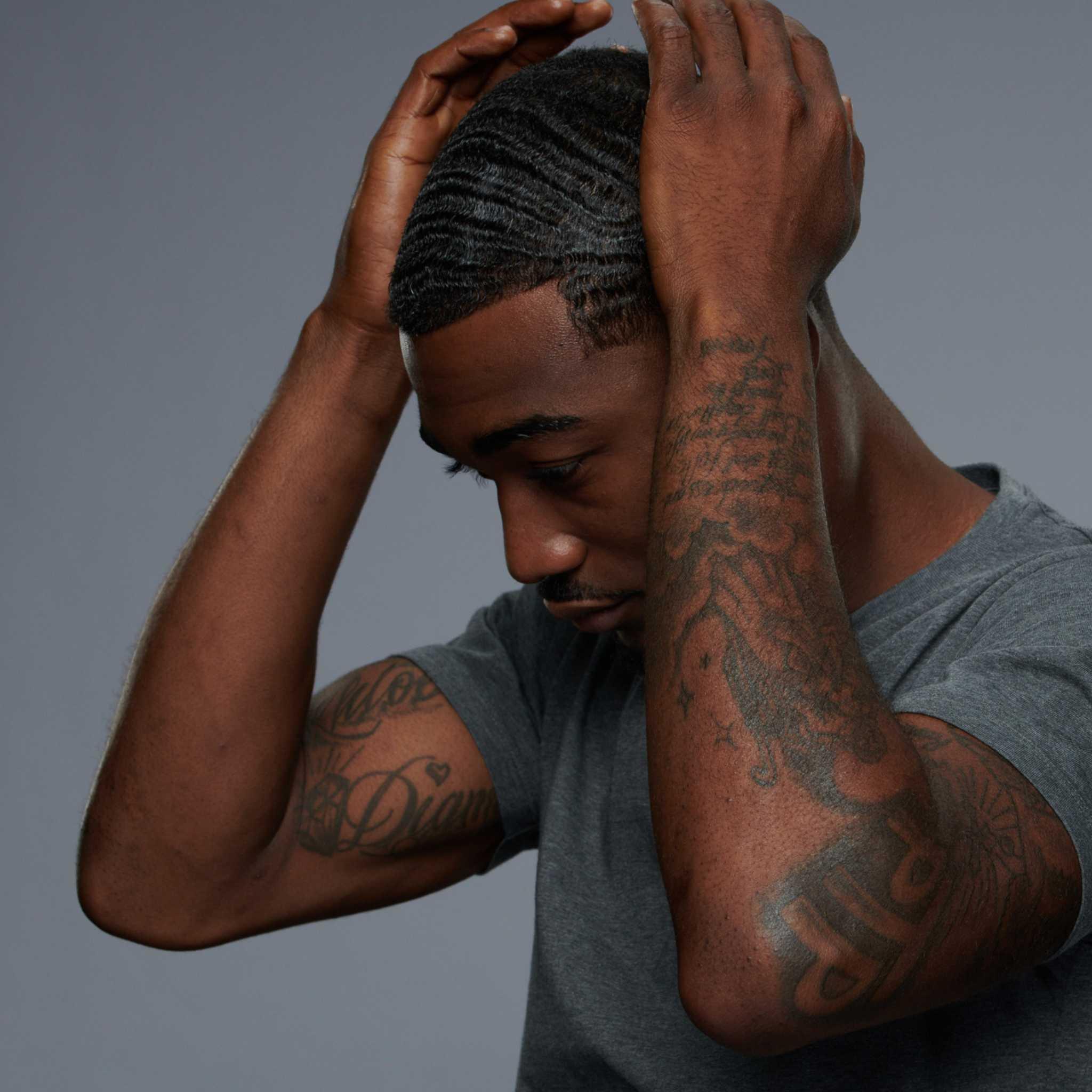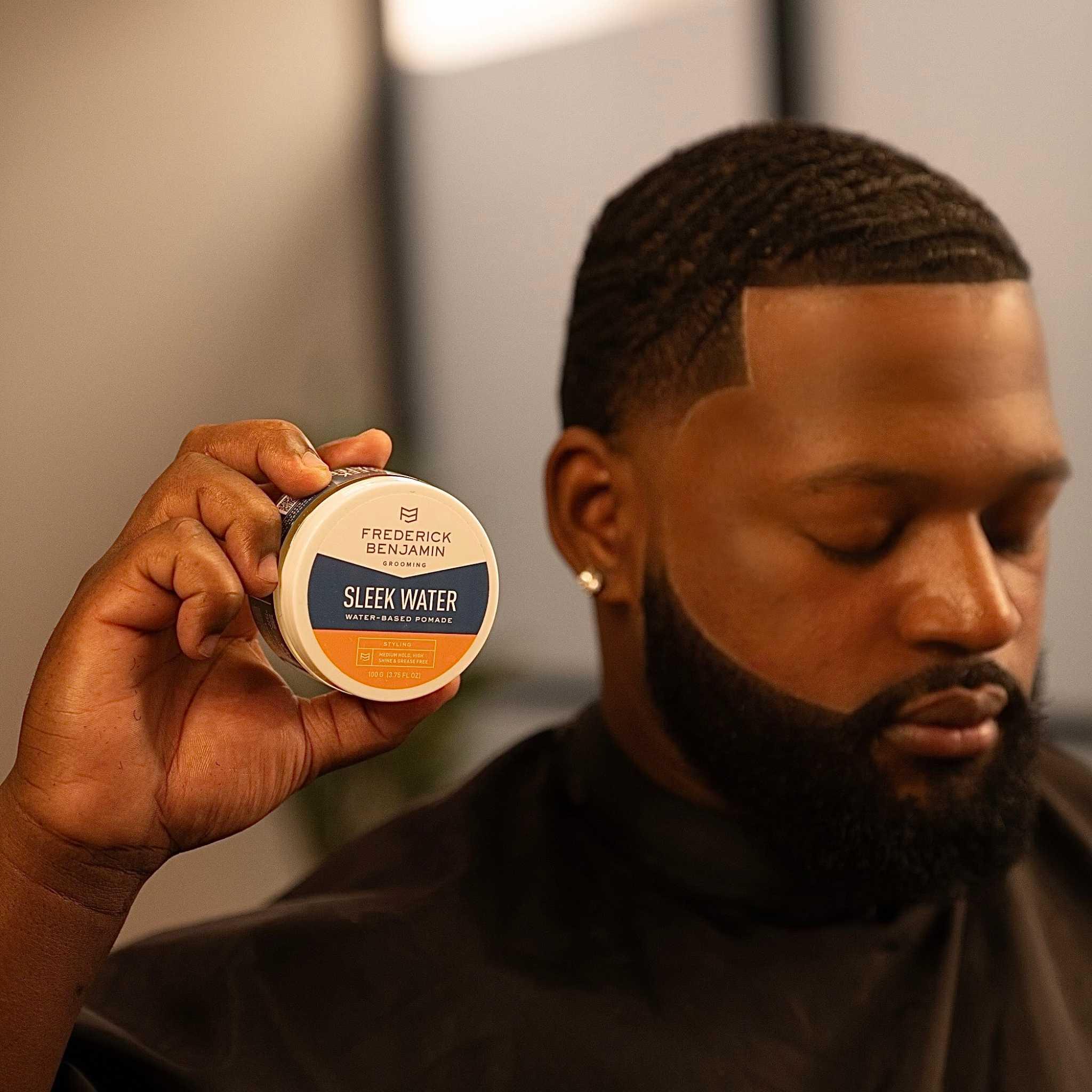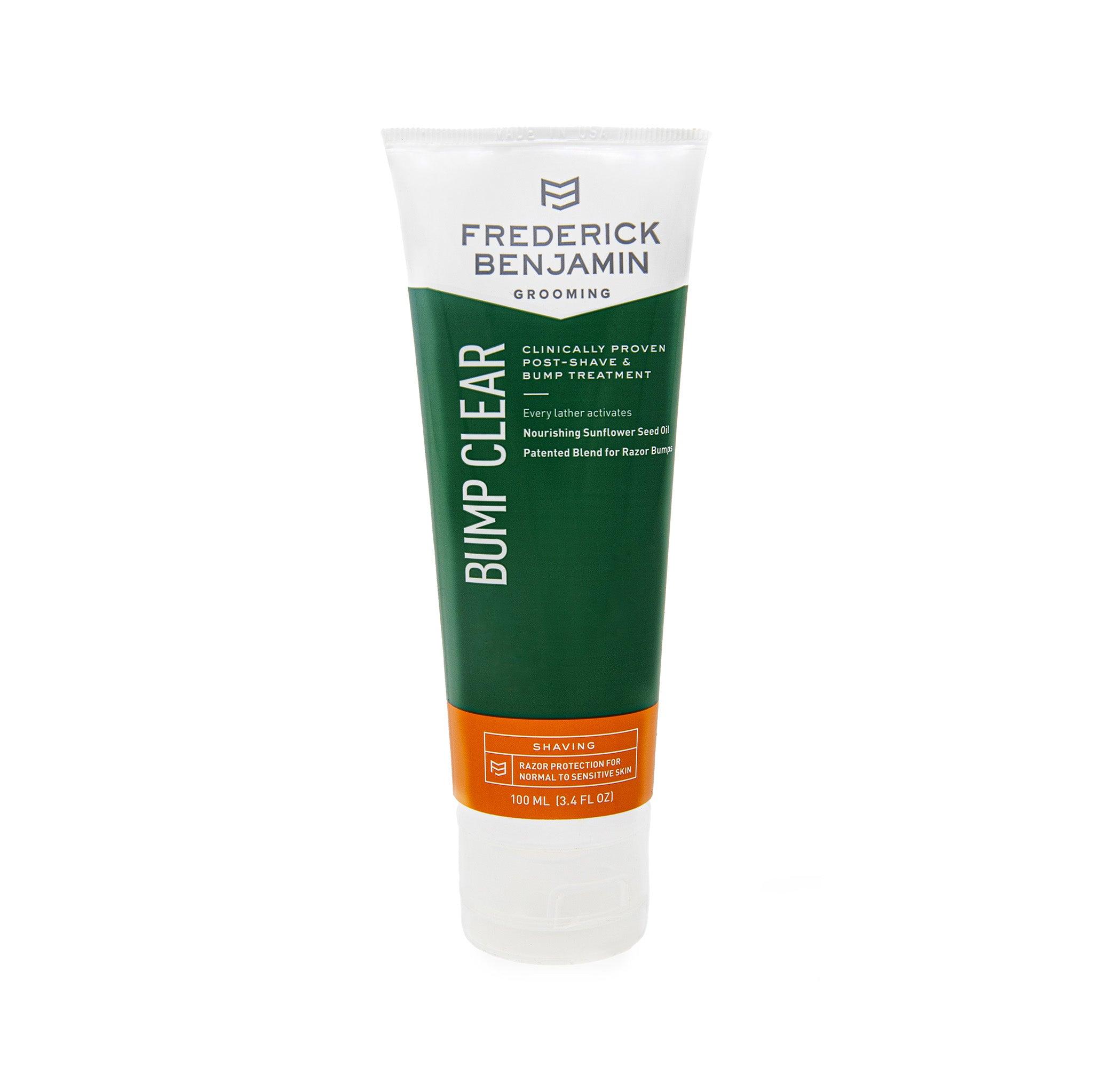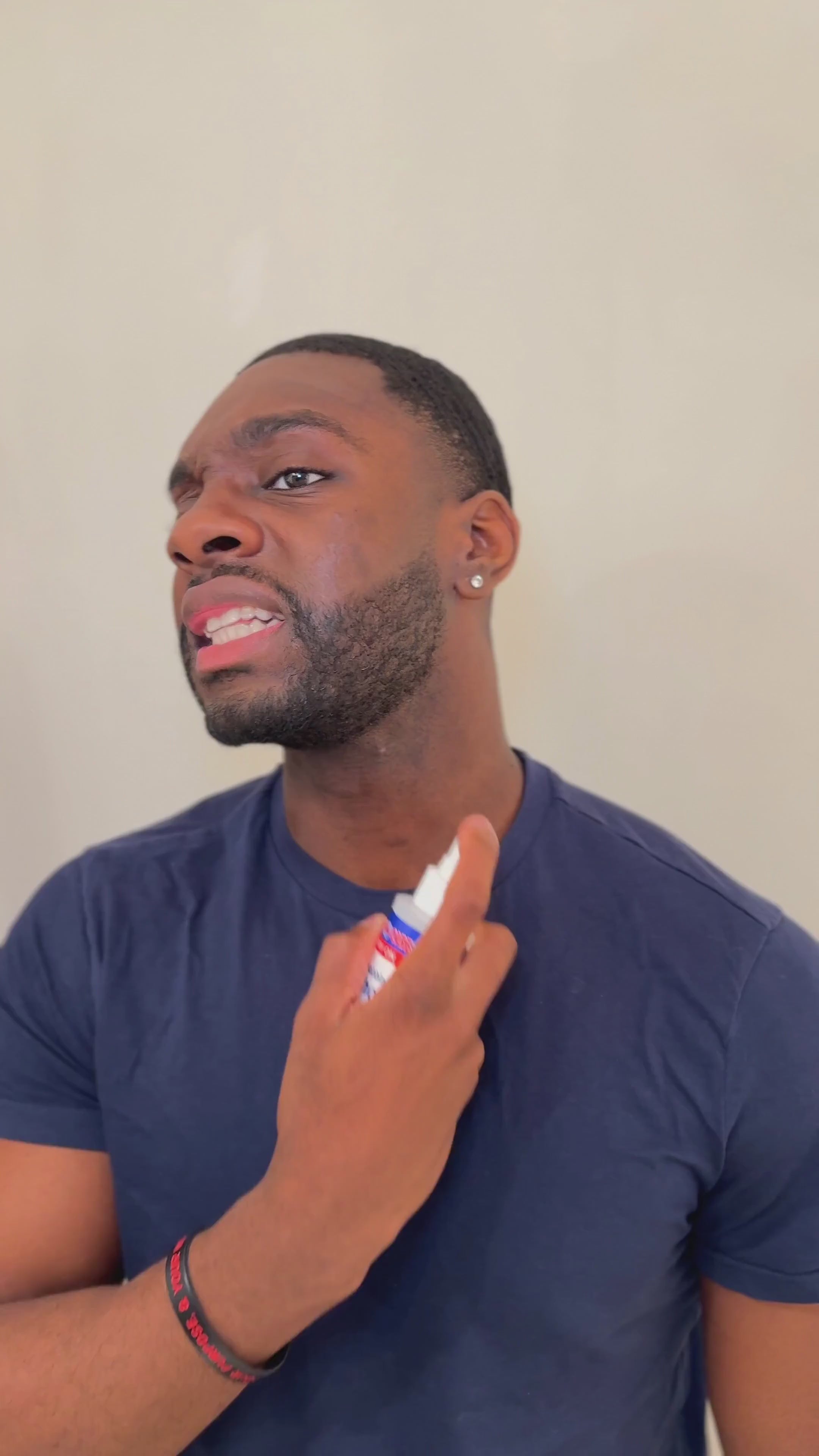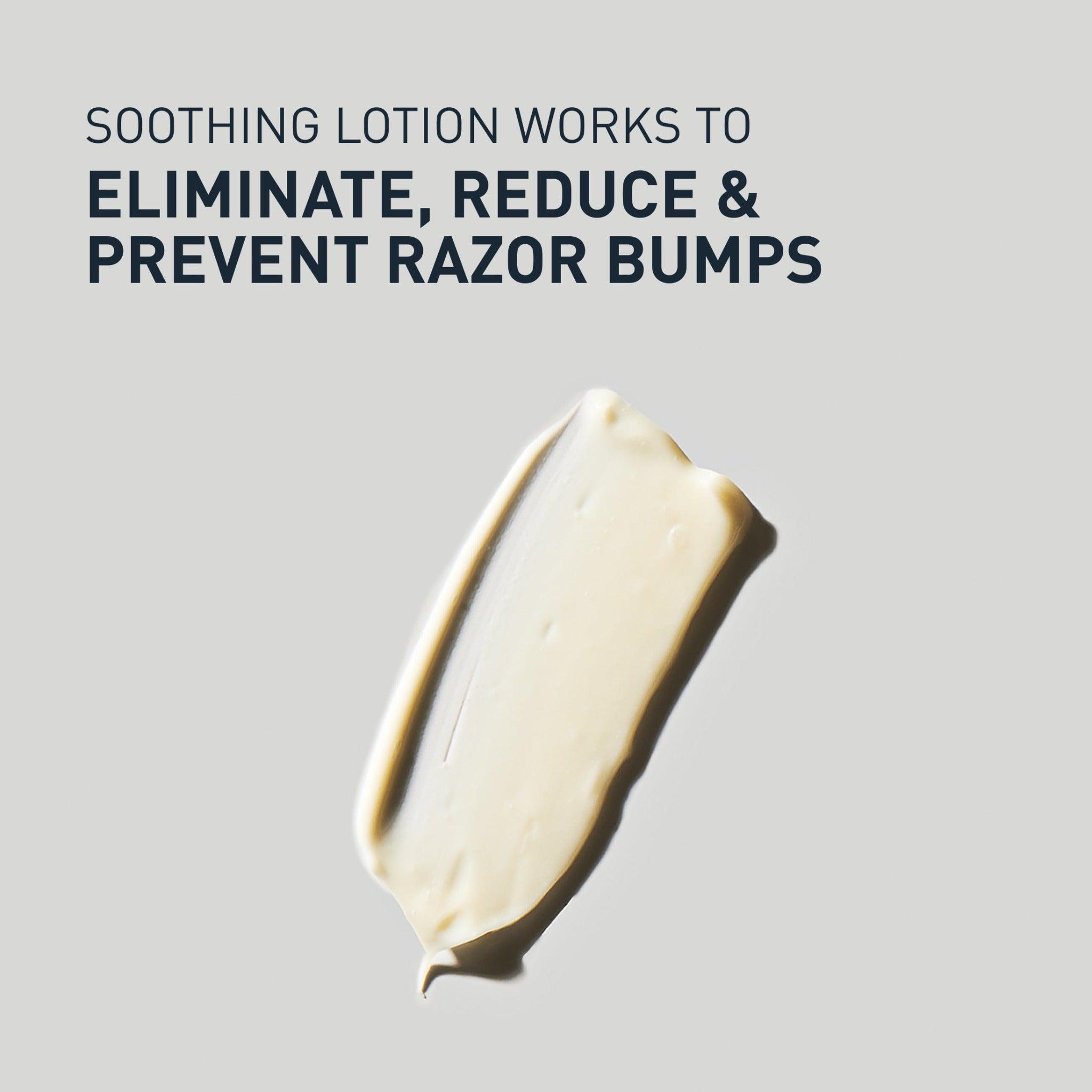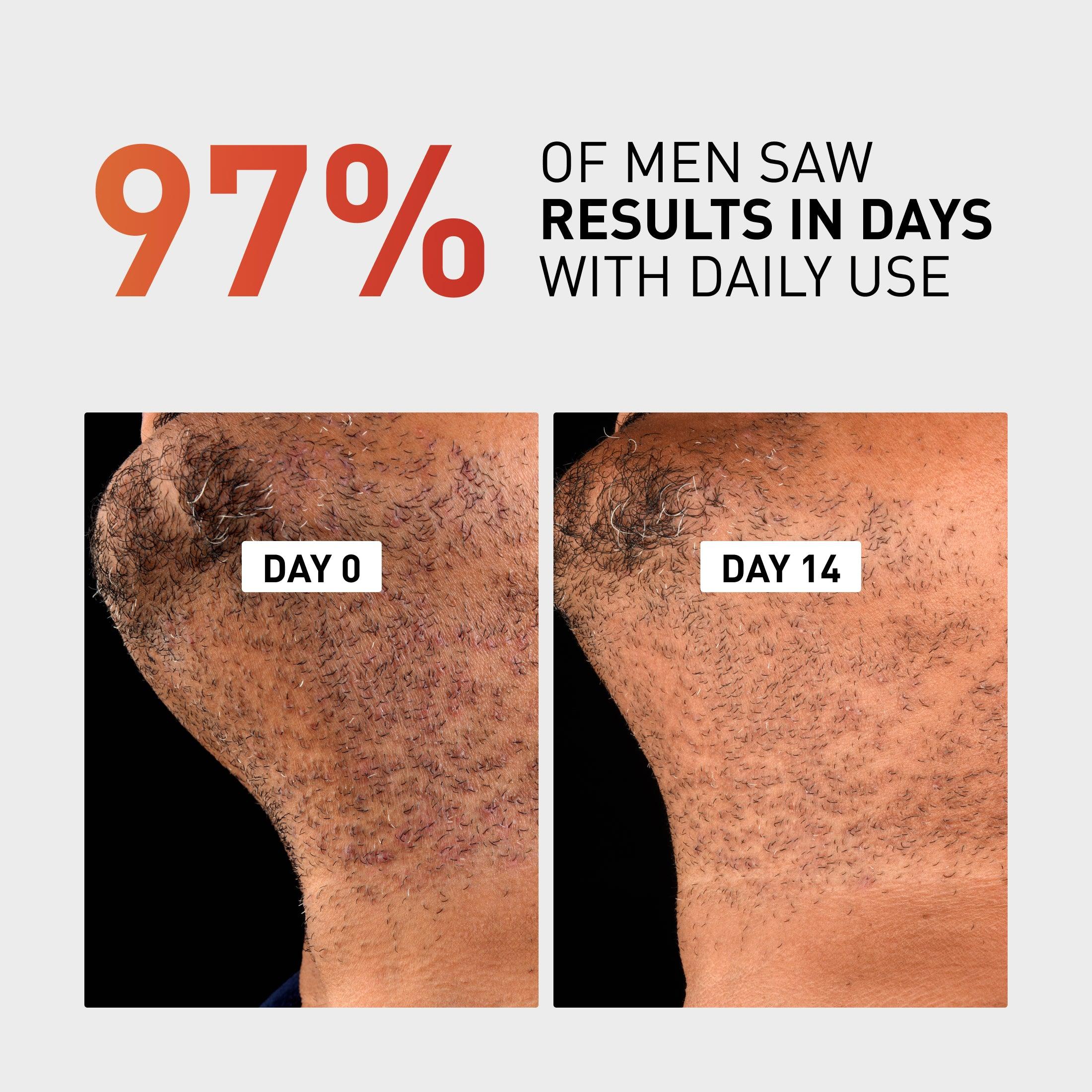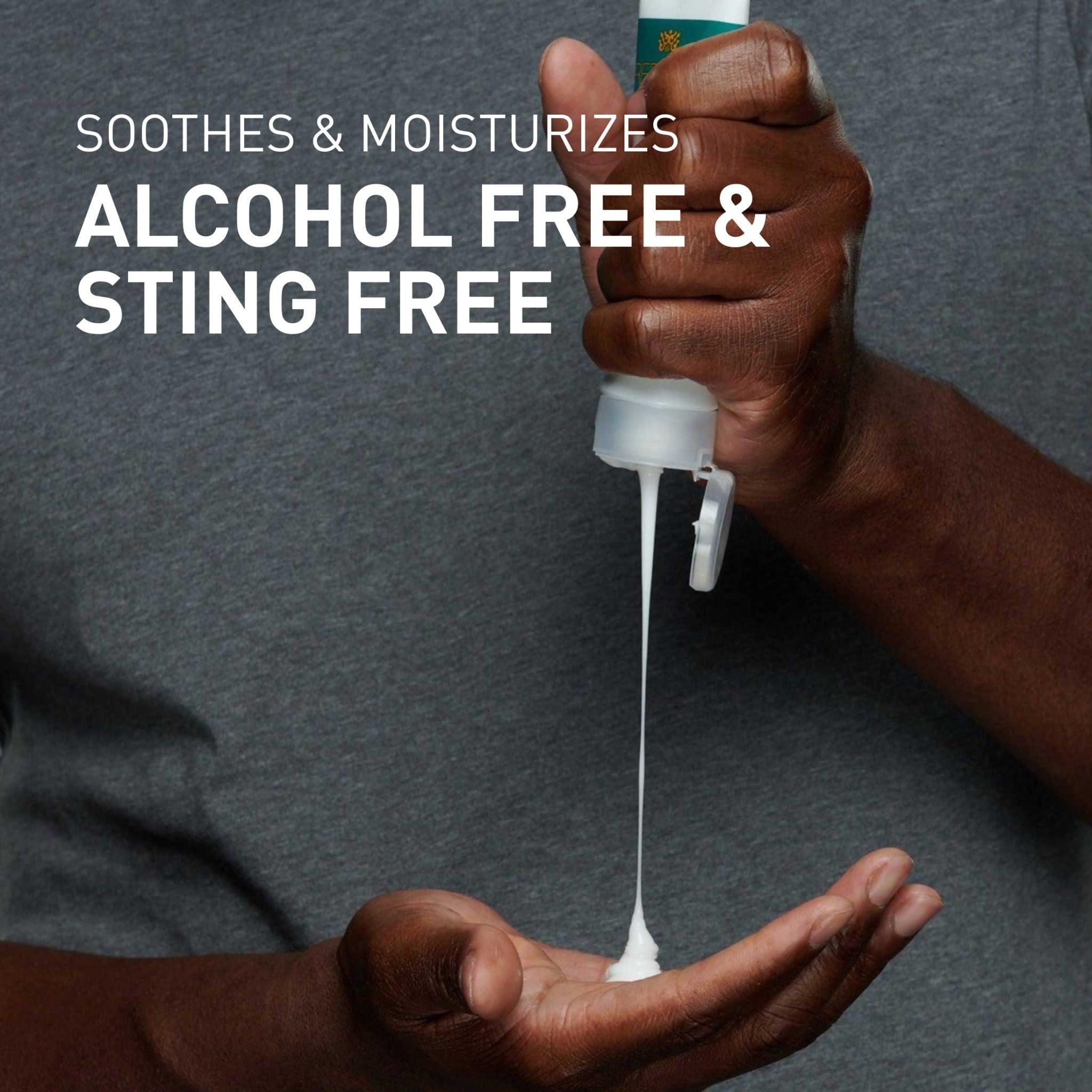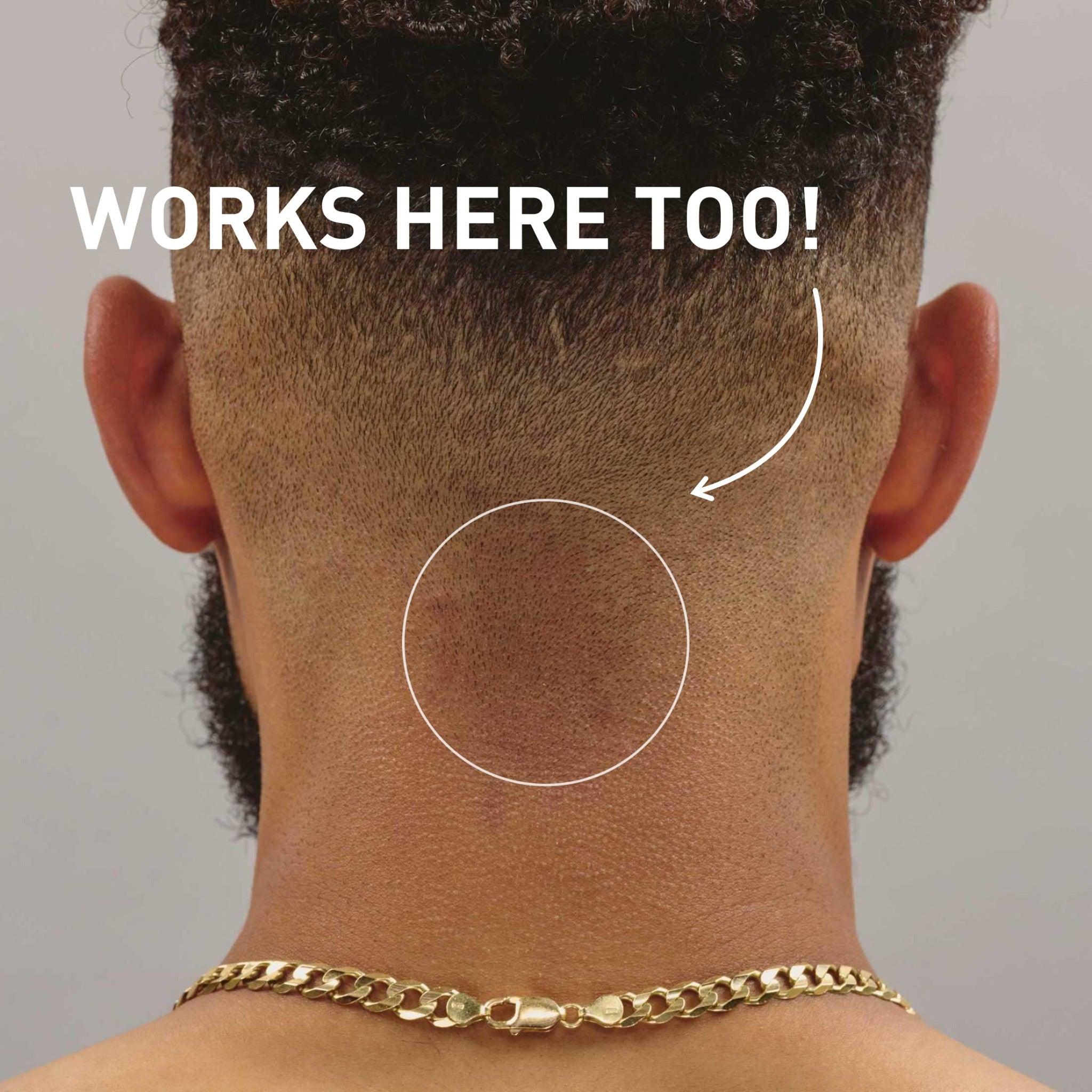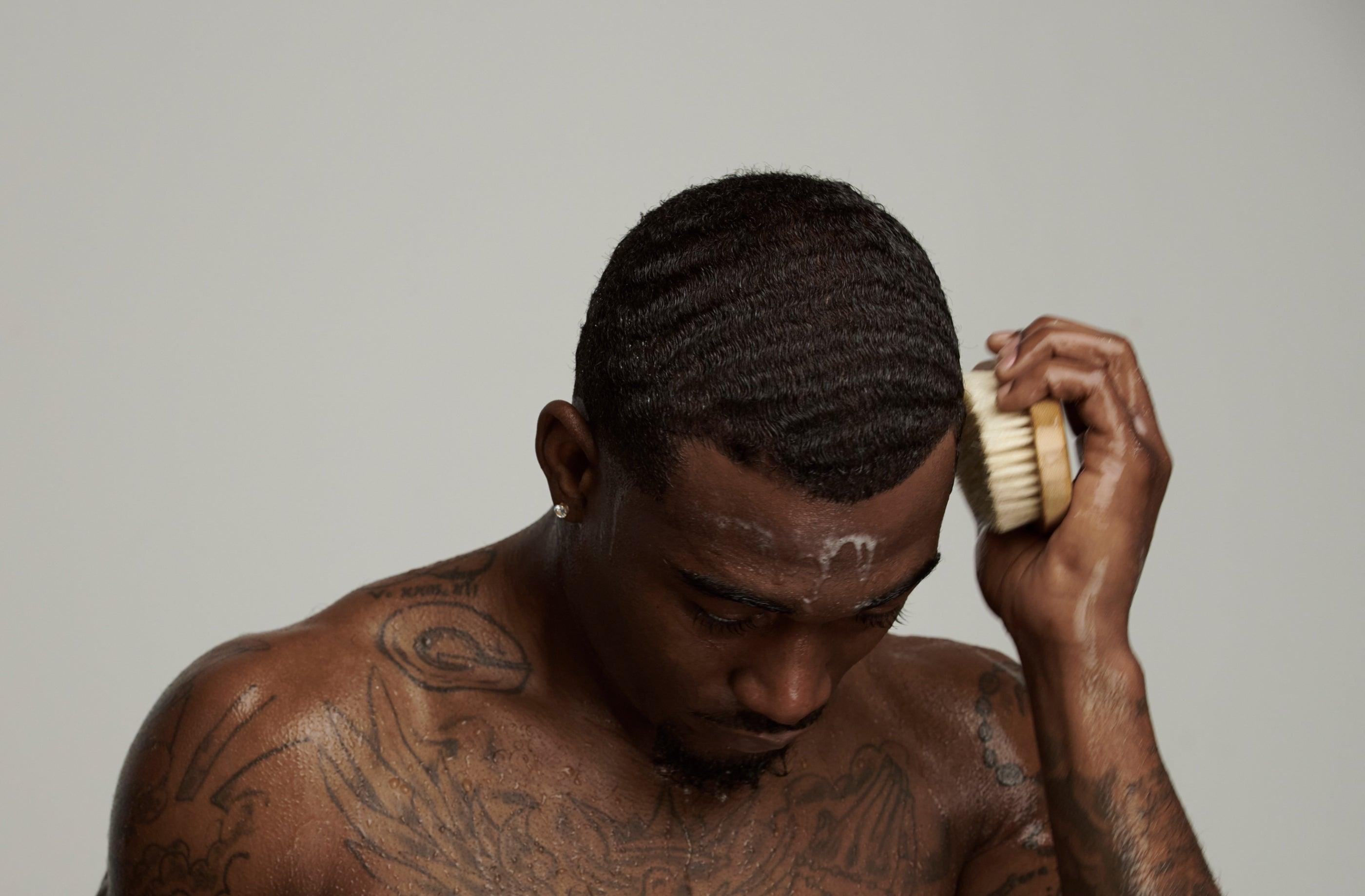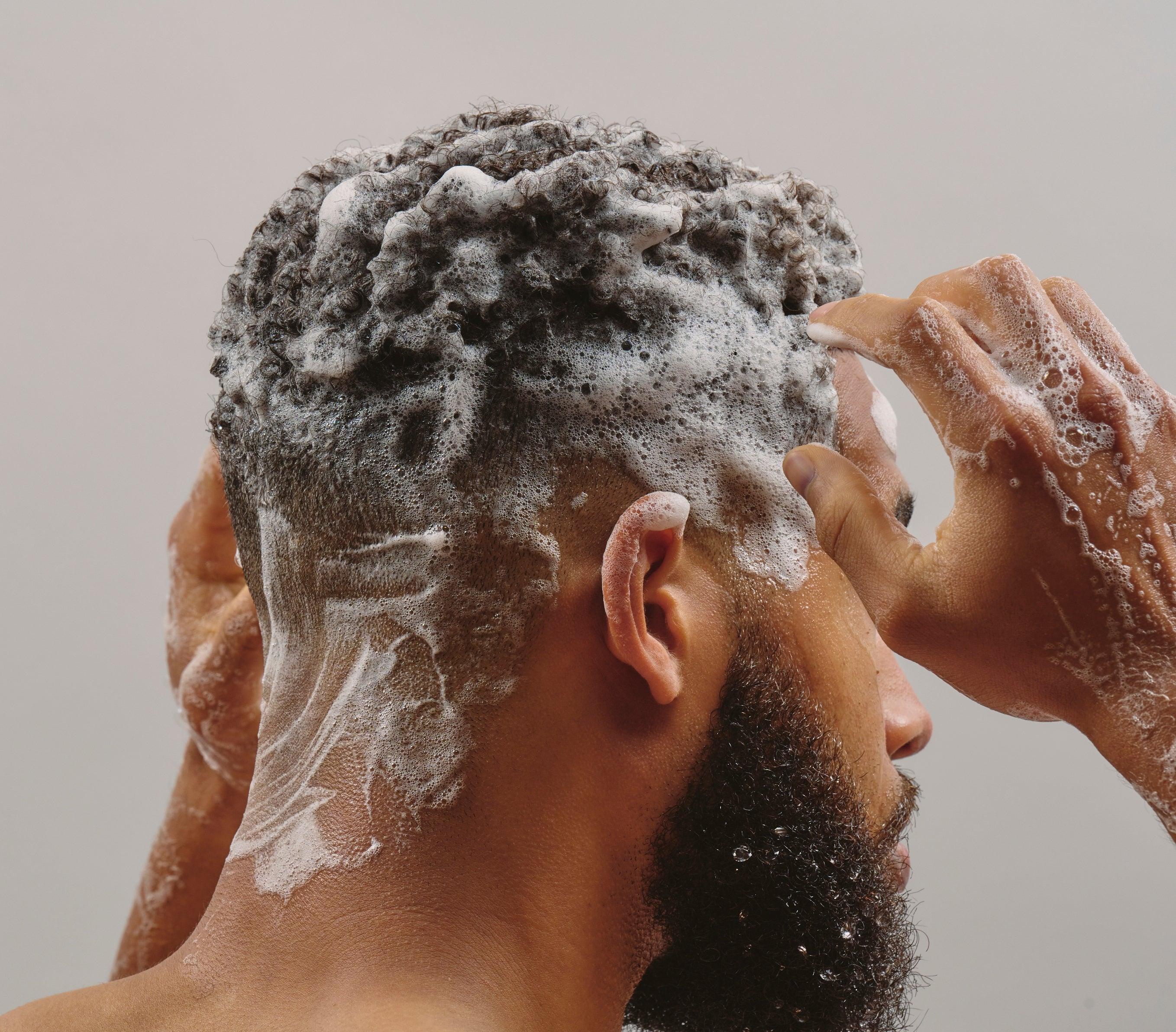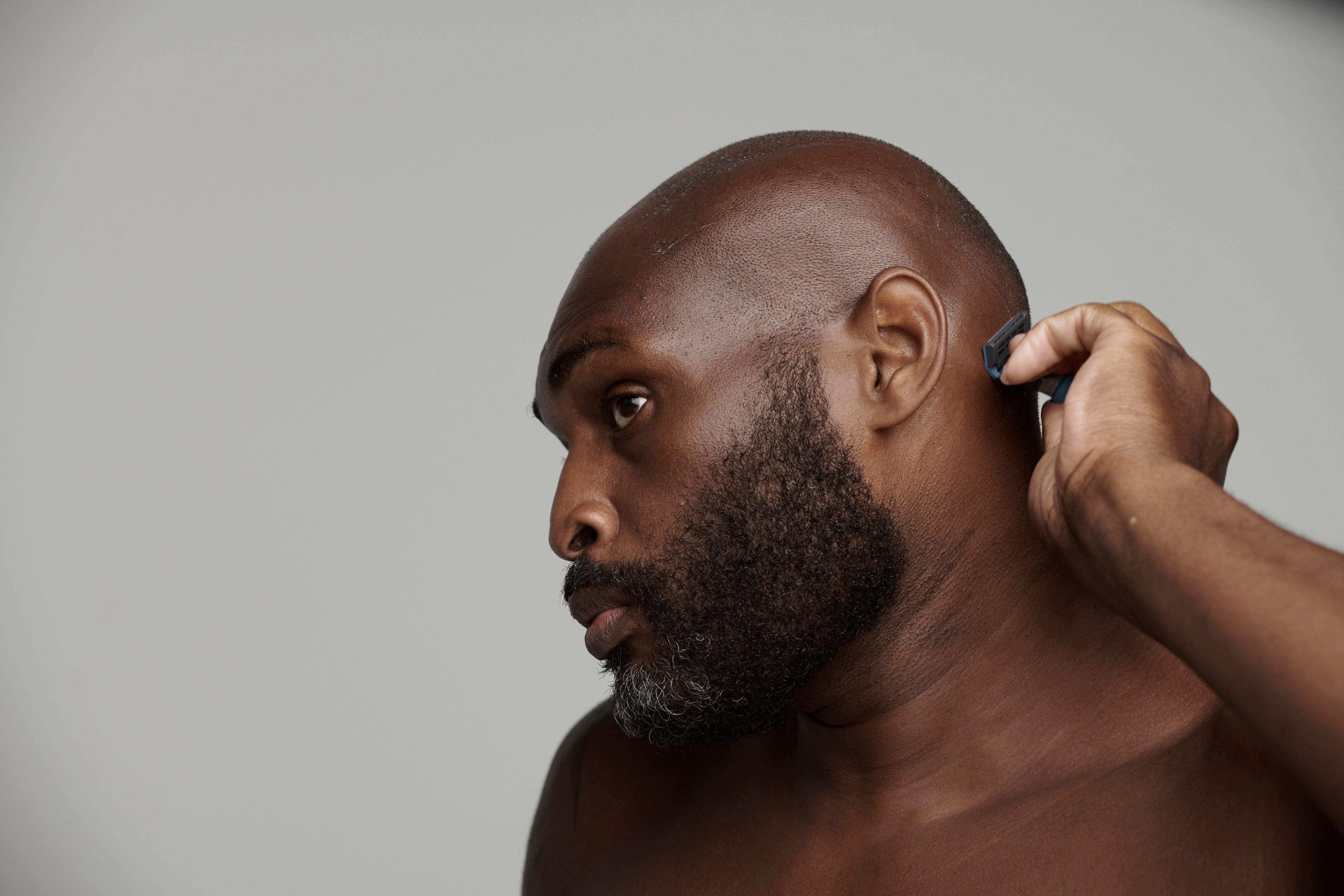
Like anything in life, you have to know what you're dealing with before you can address it. So when it comes to treating and styling your hair, the first step is to classify what type or category your hair falls into. Different hair types react to different products and conditions in very different ways. So how do you know what you have? And how to treat it?
Finding Your Hair Type
The spectrum runs all the way from straight to kinky (or tightly coiled) hair, divided into 4 general textures-- straight, wavy, curly, and kinky. As men of Afro-descent, the majority of our hair falls within the latter two categories (mostly with the 'kinky' designation) and as such has its own set of challenges. Though our hair appears to be the most thick or full, it's actually the most brittle-- and easily damaged-- of all hair types. And that's because of moisture (or lack thereof). The tighter the coils, the harder it is for products to penetrate down to the root. And that leads to itchy scalp and dry hair. One of the easiest ways to test for what hair type you have is to examine a loose strand. Kinky hair usually shows a tightly curled or zig zag pattern. These patterns leave hair prone to tangling and vulnerable to breakage. That makes replenishing moisture all the more important.

Use this chart to match your hair type.
Taking Care of Curly Hair
Remember: the number one barrier to healthier looking and healthier feeling hair is in how your moisturize. It's all too common but the easiest way to dry out your hair is to shampoo everyday. To balance this, be sure to use conditioner after every wash. You can also take a few days off from shampoo and just do a "co-wash", using only conditioner. To get the best out of your conditioner, spread it on to the fingertips and distribute as evenly as possible. Make sure to leave it in for at least two minutes before rinsing. Check the ingredients list before using any hair product. Avoid Sulfates (chemical detergents) in shampoos and alcohols in styling products that tend to strip the hair of its natural oils-- oils that helps to seal and protect the hair from dryness and damage. Can't find exactly what you need at the drug store? Make the switch to Frederick Benjamin and feel the difference with our hair care regimen, infused with active oils and other natural ingredients to soothe and stimulate the scalp and retain moisture for healthier hair.
See more on our shop!


